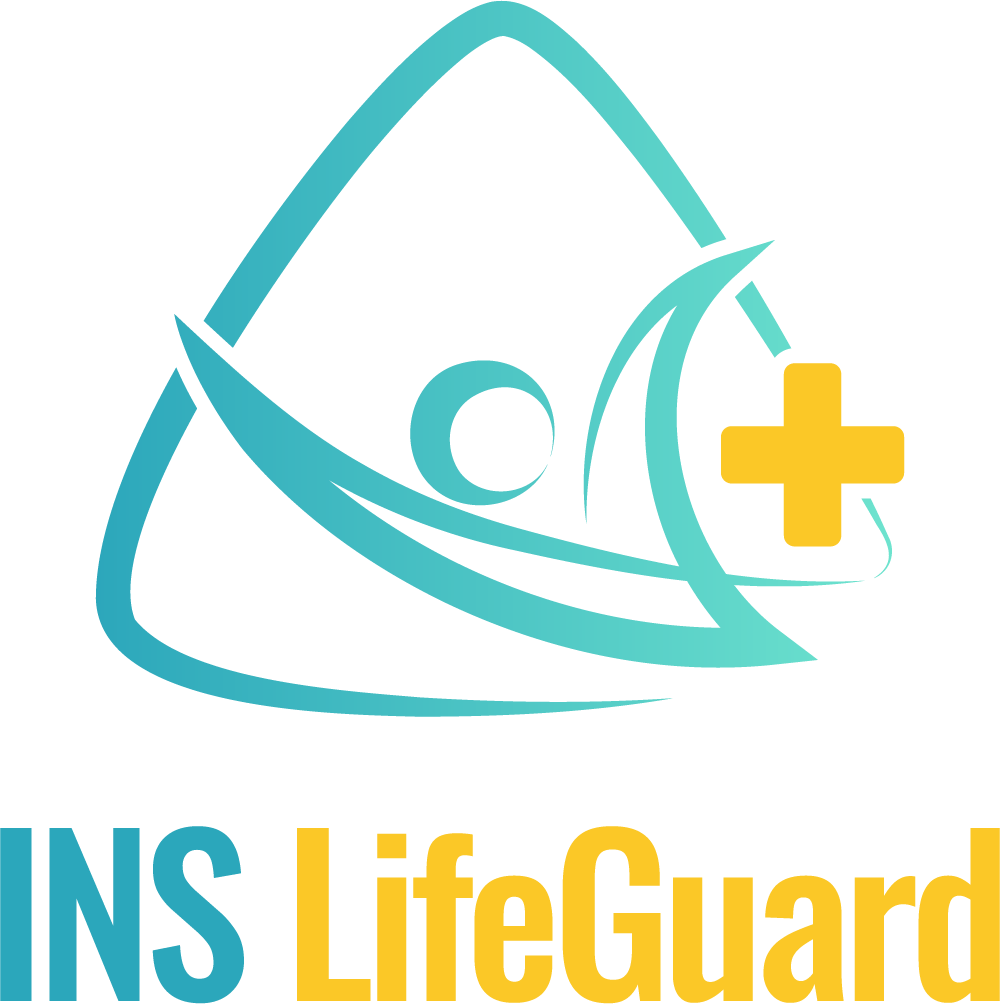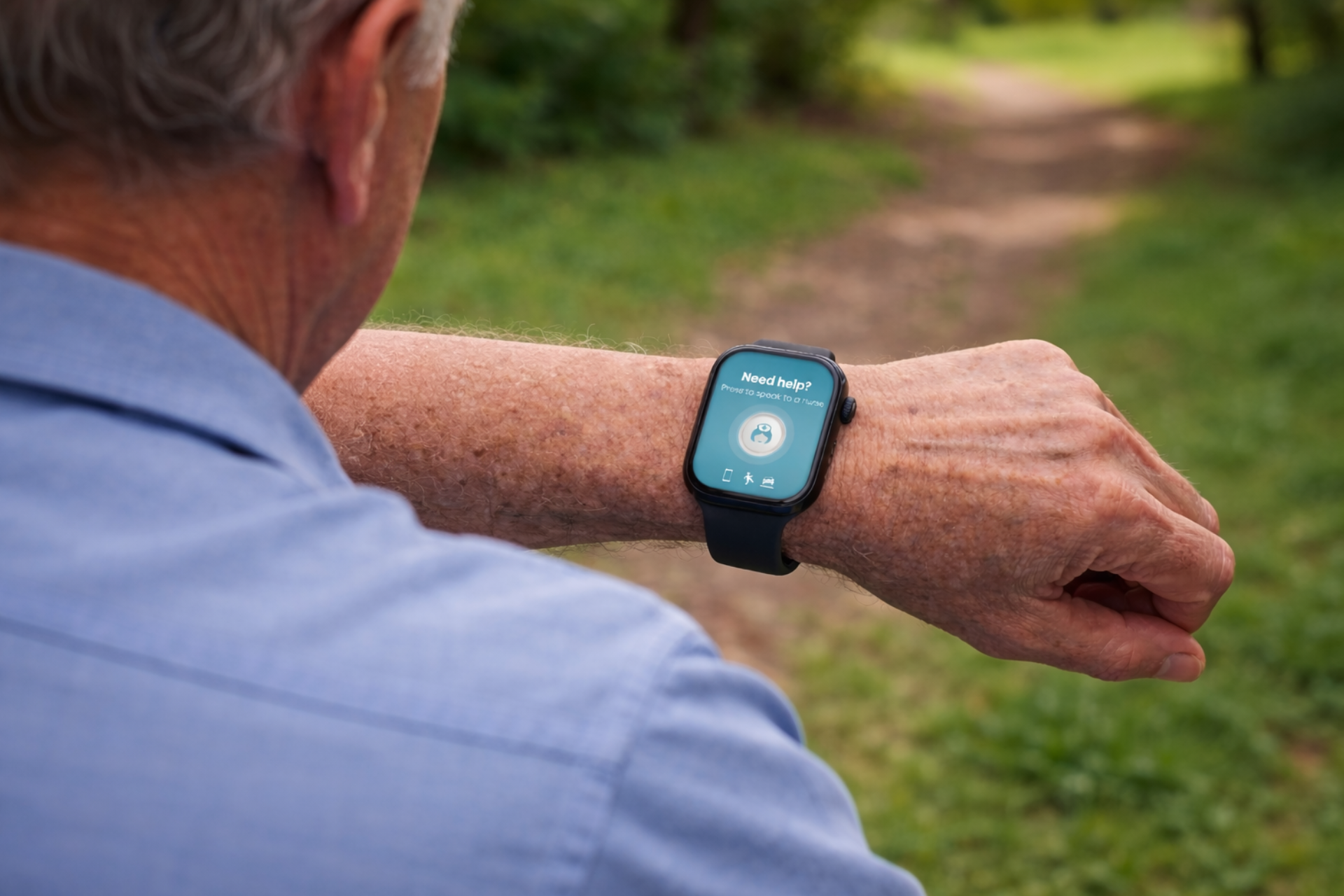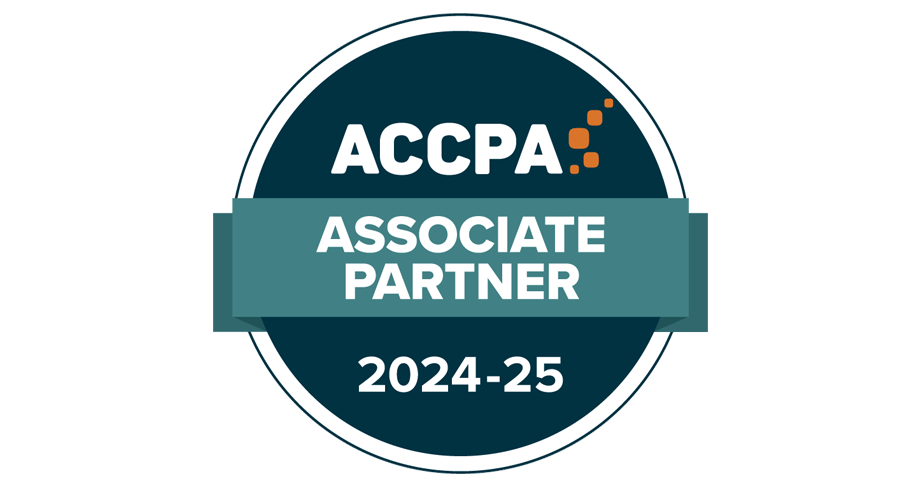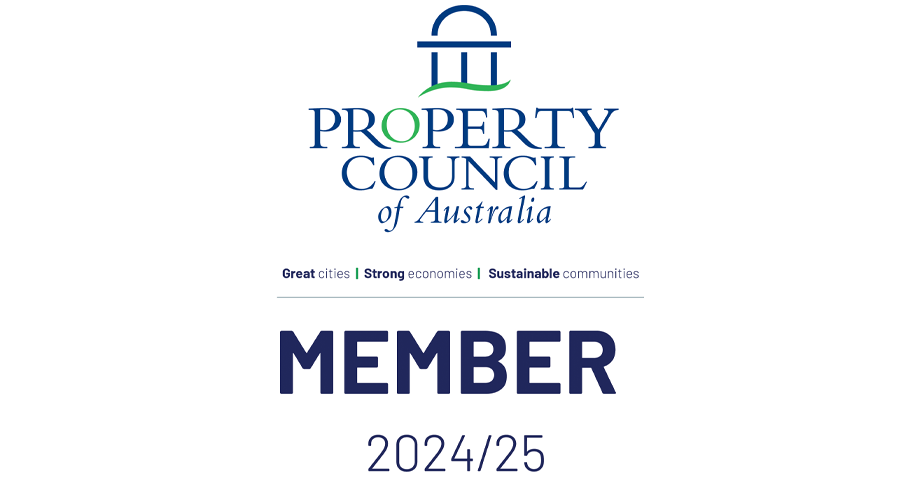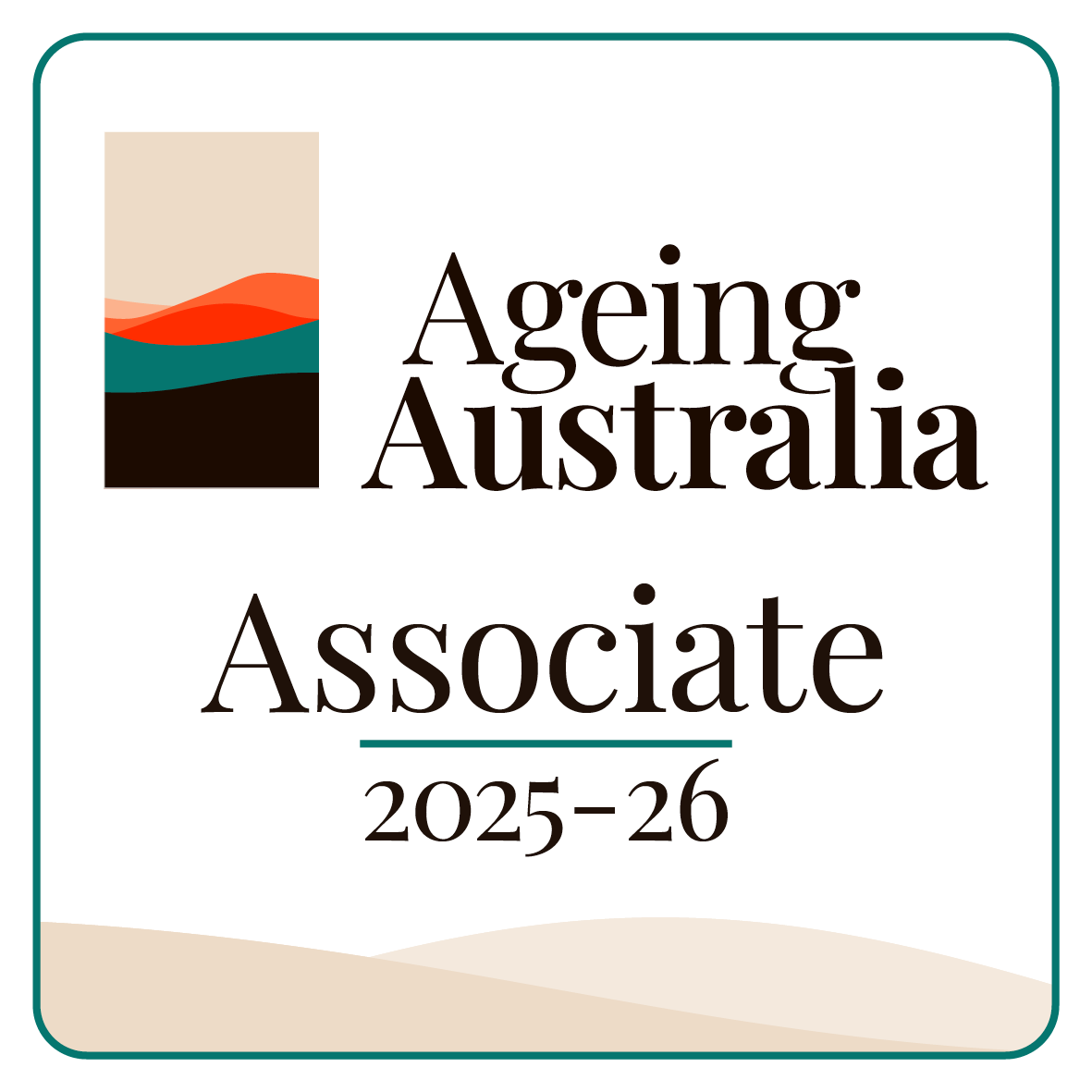Have a Question?
Supporting Seniors with Heart Disease: A Carer's Guide to Effective Management

Heart disease, also called cardiovascular disease (CVD), refers to a group of health conditions that primarily affect the heart and blood vessels. It includes various disorders that can impact both the heart's structure and function, making it a significant global health concern.
CVD is the leading cause of death worldwide, responsible for approximately 17.9 million deaths each year, accounting for 32% of all global fatalities.
In Australia, heart disease and related conditions pose a significant health challenge. Approximately 717,800 individuals aged 65 and above had one or more heart, stroke, or vascular-related conditions. The likelihood of these conditions increased with age, as around 16% of those aged 65-74 had these health issues, in contrast to 26% of individuals aged 75 and older.
On a positive note, it's worth mentioning the progress made in the fight against heart disease. Between 1980 and 2021, the age-standardised CVD death rate decreased by about 75%. This decline reflects advancements in medical research, improved healthcare, and increased awareness of heart disease prevention and management.
Though we've made strides in reducing CVD mortality, ongoing efforts in prevention, early detection, and management are essential to further enhance health outcomes related to heart disease.
Common Heart Conditions
In this exploration of common heart conditions, we will delve into some of the prevalent ailments affecting the heart, their causes, symptoms, and management. By gaining a better understanding of these conditions, seniors can take steps to reduce their risk, seek early diagnosis, and access appropriate medical care, ultimately working towards better heart health and an improved quality of life.
| Heart Condition | Causes | Signs and Symptoms | Prevention |
|---|---|---|---|
| Coronary Heart Disease (CHD) | High cholesterol High blood pressure Smoking Diabetes Family history | Chest pain (angina) Shortness of breath Fatigue Heart attack (severe chest pain, shortness of breath, nausea, sweating) | Maintain a healthy diet Regular exercise Manage risk factors Quit smoking |
| Congenital Heart Conditions | Genetic factors Environmental factors Maternal infections during pregnancy | Cyanosis (bluish skin) Poor growth Heart murmur | Prenatal care Surgical correction Regular follow-up with a cardiologist |
| Arrhythmia | Heart muscle damage High blood pressure Coronary artery disease Heart attack Abnormal heart valves Congenital heart defects | Irregular heartbeat Rapid heartbeat Dizziness Fainting Chest pain | Medications Lifestyle changes Surgical procedures |
| Heart Failure | Coronary artery disease High blood pressure Diabetes Heart valve disease Cardiomyopathy | Fatigue Shortness of breath Swelling in legs and ankles Rapid weight gain | Manage underlying conditions and follow a heart-healthy diet Regular exercise Medications |
| Valvular Heart Disease | Congenital defect Infection Aging Rheumatic fever | Chest pain Fatigue Shortness of breath Irregular heartbeat | Prevent infection Treat underlying conditions Surgical repair or replacement |
| Hypertrophic Cardiomyopathy | Genetic mutations Family history | Shortness of breath Chest pain Dizziness Fainting Rapid heartbeat | Genetic counseling Medications Lifestyle modifications |
| Atrial Fibrillation | Age High blood pressure Heart disease Alcohol use Sleep apnea | Irregular heartbeat Fatigue Chest pain Dizziness Fainting | Lifestyle changes Medications Ablation therapy |
1. Coronary Artery Disease (CAD)
This is the most prevalent form of heart disease. CAD occurs when the blood vessels (coronary arteries) that supply oxygen and nutrients to the heart muscle become narrowed or blocked due to the accumulation of fatty deposits (atherosclerosis). This can lead to chest pain (angina) or result in a heart attack if a coronary artery becomes completely blocked.
2. Congenital Heart Disease
Some people are born with heart defects, which are known as congenital heart diseases. These structural abnormalities can affect the heart's chambers, valves, or major blood vessels.
3. Arrhythmias
Arrhythmias are irregular heart rhythms. The heart may beat too fast (tachycardia), too slow (bradycardia), or irregularly. These abnormal rhythms can disrupt the heart's ability to pump blood effectively.
4. Heart Failure
Heart failure occurs when the heart is unable to pump blood effectively, leading to a reduced supply of blood and oxygen to the body's organs and tissues. This condition can result from various causes, including CAD, high blood pressure, and certain heart diseases.
5. Valvular Heart Disease
This type of heart disease involves problems with the heart valves, which control the flow of blood through the heart. Conditions such as aortic stenosis, mitral regurgitation, and mitral valve prolapse are examples of valvular heart diseases.
6. Cardiomyopathy
Cardiomyopathy is a condition in which the heart muscle becomes weakened or stiff, affecting its ability to pump blood efficiently.
7. Other Heart Conditions
There are various other heart conditions, including pericarditis (inflammation of the heart's lining), endocarditis (infection of the heart valves), and heart tumors.
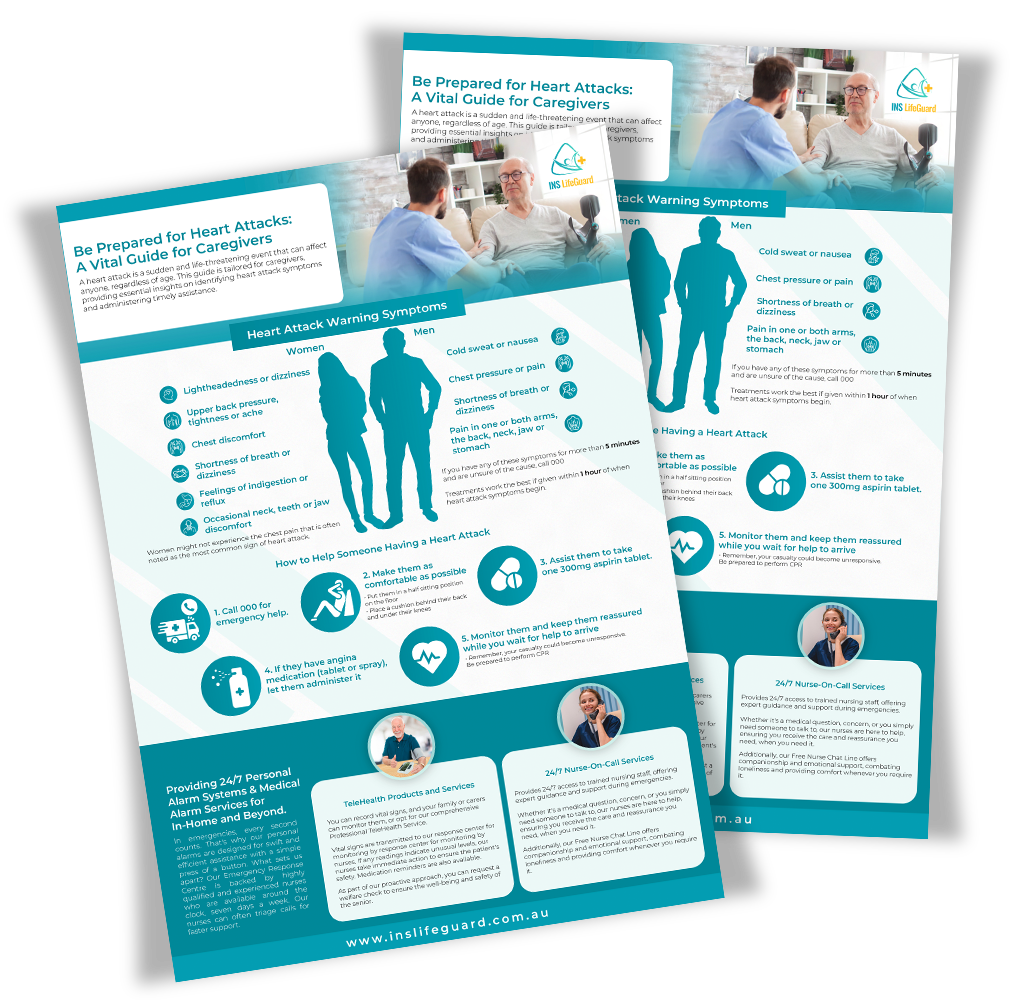
Practical Tips for Supporting Seniors with Heart Conditions
Here, we will explore practical tips for supporting seniors with heart conditions. Whether they are coping with heart disease, recovering from heart surgery, or managing a chronic cardiovascular condition, your care, understanding, and assistance can be invaluable.
| Tips | Descriptions |
|---|---|
| Stay Informed | Take the time to learn about their specific heart condition, treatment options, and potential risks. Knowledge can help you better understand their needs. |
| Encourage a Heart-Healthy Diet | Plan and prepare meals that are low in saturated fats, cholesterol, and sodium. Encourage a diet rich in fruits, vegetables, whole grains, and lean proteins. |
| Promote Regular Exercise | Support their efforts to engage in appropriate physical activity as recommended by their healthcare provider.This may include walking, swimming, or other low-impact activities. |
| Medication Management | Ensure they take their prescribed medications regularly and as directed. Set up a medication schedule and use pill organisers if necessary. |
| Monitor Stress Levels | Help them manage stress through relaxation techniques, mindfulness, or hobbies they enjoy to reduce the risk of exacerbating the condition. |
| Maintain a Smoke-Free Environment | If they smoke, support their efforts to quit, and keep the home smoke-free to reduce exposure to secondhand smoke. |
| Social Support | Foster a strong support network by including them in social activities and ensuring they have someone to talk to. |
| INS LifeGuard Medical and Personal Alarm | This alarm can be worn discreetly, like a pendant or wristband, and is equipped with a button that, when pressed, connects the user to a 24/7 monitoring centre. In case of an emergency, health concer or depression, seniors can quickly seek assistance.This immediate access to help can be a lifesaver in situations where time is critical, especially for those with heart conditions. |
Takeaway
At INS LifeGuard, we acknowledge the demanding aspects of caregiving, which exert substantial physical and emotional pressures on individuals. We're here to help carers by providing the support and resources required to address the challenges of caring for seniors with heart disease.
As we navigate the journey of managing heart disease, let's keep in mind that support, education, and compassion can significantly enhance their quality of life. Together, we can contribute to seniors living healthier and happier lives, ensuring they have the security and assistance they require in case of emergencies.

About
INS LifeGuard is the only 24/7 nurse on-call personal and medical monitoring in Australia. We provide monitoring technology for both in the home and on the go and can also monitor other provider's equipment. Our services are suitable for anyone wanting support to stay independent such as the elderly, those with medical conditions and disabilities plus enhancing safety and security for lone workers.
